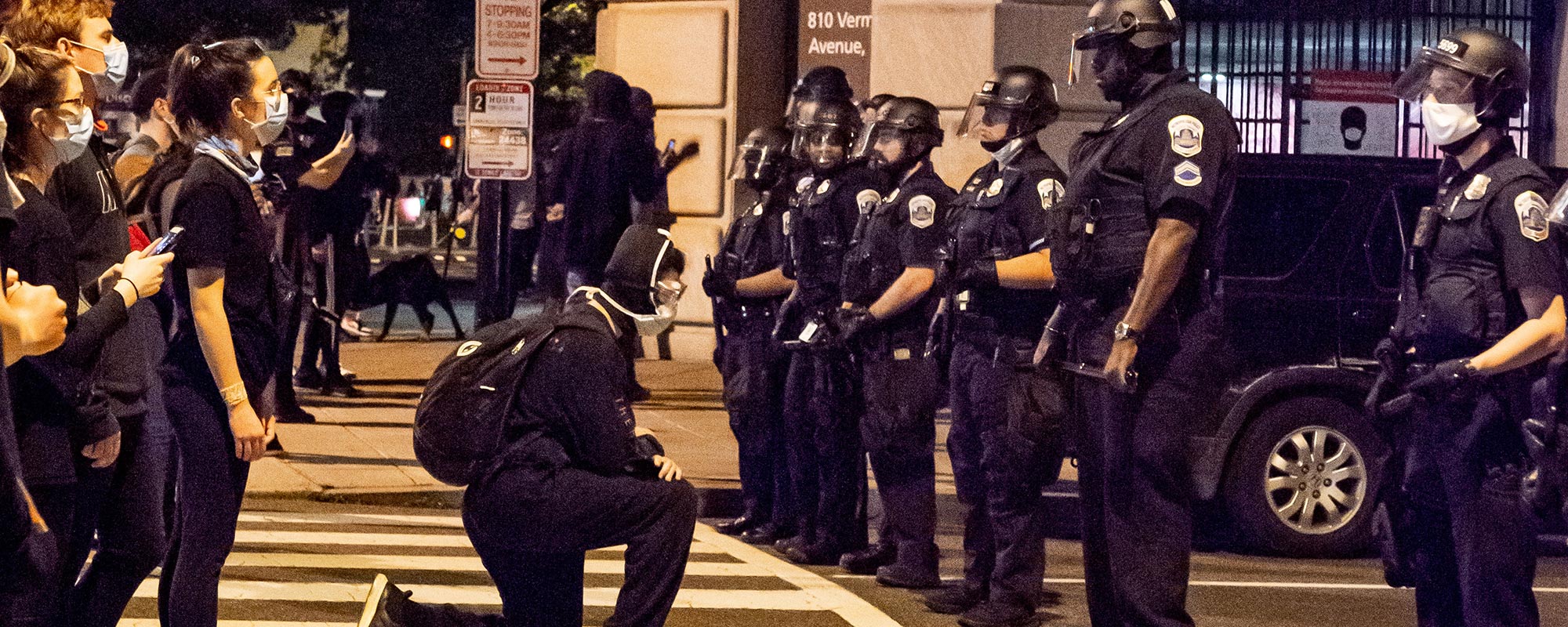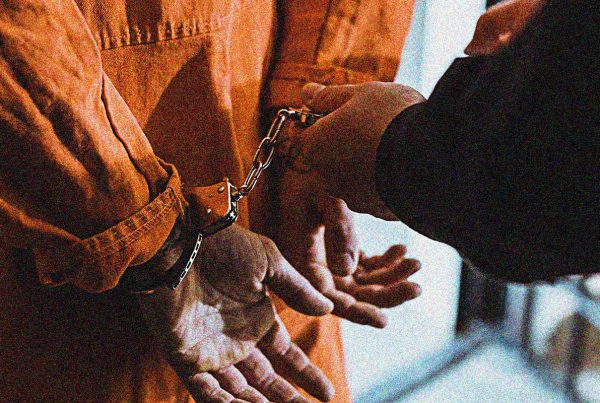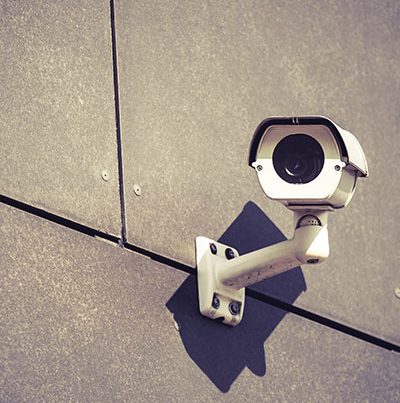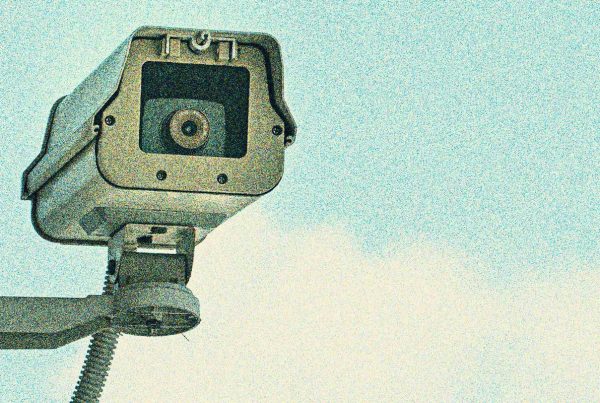Media Statement, for immediate release.
August 17, 2020
The Ontario government has ended police access to a COVID-19 database after a legal challenge was filed by the Aboriginal Legal Services (ALS), the Black Legal Action Centre (BLAC), the Canadian Civil Liberties Association (CCLA), and the HIV & AIDS Legal Clinic Ontario (HALCO).
Data released in the context of the legal action shows that Ontario police services conducted over 95,000 searches of the database while it was active. Over 40% of these searches were conducted by two police services: Thunder Bay Police Service and Durham Region Police Service. Thunder Bay Police Service in particular accessed the personal health information in the database over 14,800 times – a rate of access that is ten times higher than the provincial average – even though the area has reported only 100 positive cases since the outset of the pandemic.
In light of the government’s decision to end police access to the database the groups have discontinued the lawsuit against the province. They are now calling on local police services to destroy the personal health information that police already accessed, and to conduct audits to ensure the data access to date complied with policy and legal requirements.
“We are pleased that the Ontario government has backed away from this intrusive and discriminatory measure,” said Abby Deshman, Director of the Criminal Justice Program for the Canadian Civil Liberties Association. “We remain deeply concerned, however, about the information that police services across the province have already amassed. In a matter of months Ontario police searched the COVID testing results database over 95,000 times. We have written to police service boards and chiefs of police across Ontario to find out what happened to these Ontarians’ health information – who has access to it and where it is being stored. We are calling on the police to destroy the personal health information they have collected to date.”
“Black Ontarians know all too well the lasting discriminatory impact of information stored in police databases,” said Ruth Goba, Executive Director of BLAC. “Hyper-surveillance of Black communities is a current manifestation of our history of enslavement, and it is this history and its legacy that is directly responsible for our current state of inequity in Ontario and Canada. The staggering number of Black Ontarians who face harassment, violence, and even death, at the hands of police is the direct result of the systemic inequity that lies at the core of this Canadian institution.”
“Indigenous people experience disproportionately higher numbers of interactions and negative encounters with police. Police access to a COVID-19 database infringed on privacy rights and did nothing increase the trust between police services and Indigenous communities.” says Caitlyn Kasper, lawyer with Aboriginal Legal Services. “Further there is no evidence that the creation or access to a COVID-19 database was either useful or greatly improved safety for police responders. Now that access to this highly private information is no longer authorized in law, the members of the coalition believe it is crucial that police organizations respond to our request for further information. The public should be informed about the current status of the COVID-19 database and how law enforcement has used such information. Indigenous people and the broader community of Ontario deserve to know that their private health information will not be misused and that it is properly destroyed so that their sense of privacy can be restored.”
“Police officers, like all first responders, must operate under the assumption that everyone they come into contact with is a potential active carrier,” said Khalid Janmohamed, HALCO staff lawyer. “Police involvement in public health matters impedes effective public health responses. We need a public health response, not a public policing response.”
In early April the Ontario government passed an emergency order under the Emergency Management and Civil Protection Act that allowed police to obtain the names, addresses, and dates of birth of Ontarians who had tested positive for COVID-19. ALS, BLAC, CCLA and HALCO wrote to the government expressing concerns about the utility and legality of sharing sensitive personal health information. After receiving no reply, the groups filed an urgent court application challenging the government’s decision to release this information to police because it breached provincial health privacy protections and violated individuals’ constitutional rights to privacy and equality.
The government revoked the regulation authorizing the database on July 22, 2020. The groups discontinued the litigation on August 10, 2020 after receiving details from the government about local police access to the database.
For further details regarding the legal action and the data released by the province please see CCLA’s website, https://ccla.org/major-cases-and-reports/coronavirus/privacy-during-covid/ .
– 30 –
CONTACTS:
Caitlyn Kasper, Lawyer, Aboriginal Legal Services
Ruth Goba, Executive Director, Black Legal Action Centre
Abby Deshman, Criminal Justice Program Director, CCLA
Khalid Janmohamed, HIV & AIDS Legal Clinic Ontario
Aboriginal Legal Services (ALS) is a multi-service legal agency that provides services to the Aboriginal community in Ontario and elsewhere.
The Black Legal Action Centre (BLAC) is a not for profit specialty legal clinic with a mandate to address individual and systemic anti-Black racism in the province of Ontario.
The Canadian Civil Liberties Association (CCLA) is a national non-partisan, non-profit organization that works to protect the rights and freedoms of all people in Canada.
The HIV & AIDS Legal Clinic Ontario (HALCO) is a community-based legal clinic that provides free legal services for people living with HIV or AIDS in Ontario, Canada.
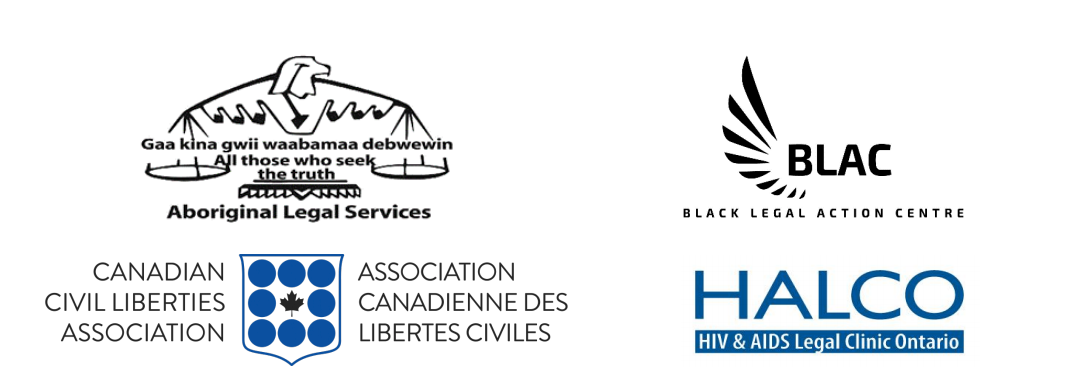
About the Canadian Civil Liberties Association
The CCLA is an independent, non-profit organization with supporters from across the country. Founded in 1964, the CCLA is a national human rights organization committed to defending the rights, dignity, safety, and freedoms of all people in Canada.
For the Media
For further comments, please contact us at media@ccla.org.

